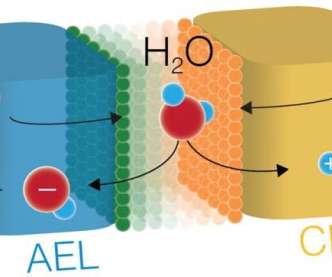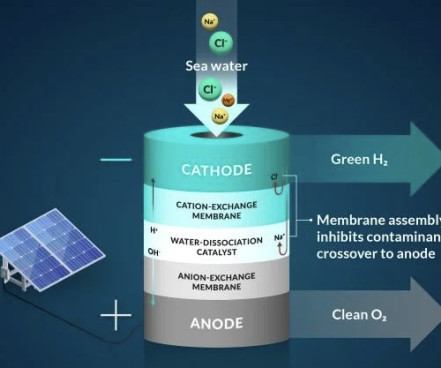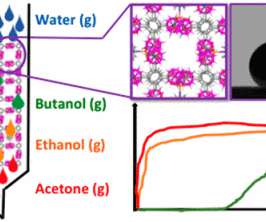U Oregon team advances effectiveness of catalytic water dissociation in bipolar membranes
Green Car Congress
JULY 3, 2020
Researchers at the University of Oregon have advanced the effectiveness of the catalytic water dissociation reaction in bipolar membranes. The technology behind bipolar membranes, which are layered ion-exchange polymers sandwiching a water dissociation catalyst layer, emerged in the 1950s. —Oener et al.








































Let's personalize your content